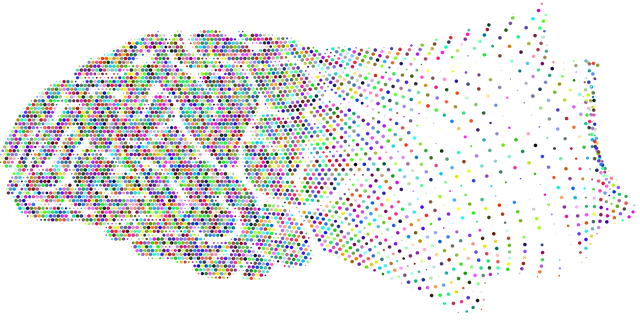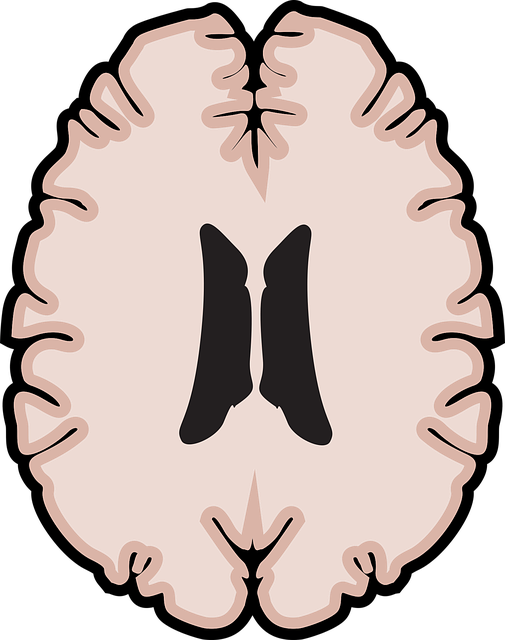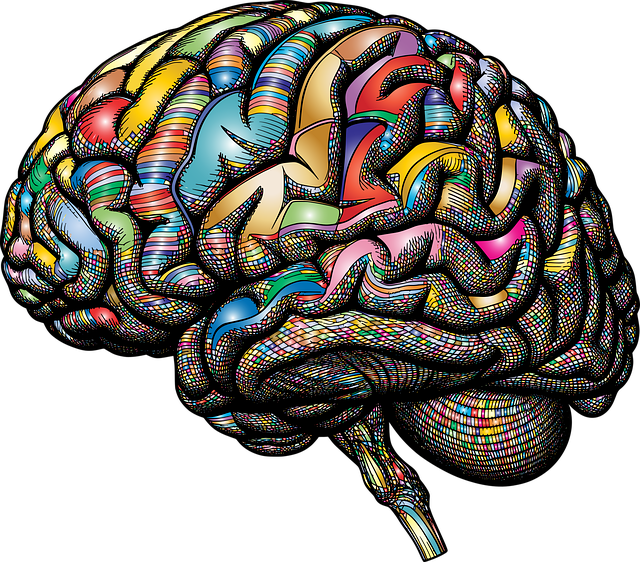Denver American Sign Language (ASL) Therapy offers a unique and innovative mental wellness program for deaf or hard-of-hearing individuals, integrating ASL as a powerful communication tool. This approach enhances emotional expression and provides an inclusive environment for resilience building. Through community outreach, partnerships, and comprehensive evaluation methods that include both qualitative and quantitative data, the program addresses specific challenges faced by deaf communities, improves access to mental health services, and fosters cultural sensitivity. By continuously improving their services based on participant feedback and data-driven methods, Denver ASL Therapy ensures tailored support for diverse individual needs.
Mental wellness programs are gaining prominence, with innovative approaches like Denver American Sign Language (ASL) Therapy showcasing their potential. This article explores effective evaluation methods for these programs, offering insights into measuring impact and driving continuous improvement. We delve into key areas such as understanding program impact, unique therapeutic models (like Denver ASL Therapy), evaluation metrics, and leveraging feedback loops for growth. By examining these aspects, we aim to enhance the success and reach of mental wellness initiatives.
- Understanding Mental Wellness Programs and Their Impact
- Denver American Sign Language Therapy: A Unique Approach
- Evaluation Methods for Effective Program Assessment
- Metrics and Tools for Measuring Success
- Continuous Improvement: Using Feedback Loops for Growth
Understanding Mental Wellness Programs and Their Impact

Understanding Mental wellness programs is paramount in today’s world, where mental health issues are increasingly recognized as integral aspects of overall well-being. These programs, designed to enhance and support individuals’ mental health, encompass various therapeutic approaches tailored to unique needs. One notable example is Denver American Sign Language (ASL) Therapy, which focuses on improving communication and cognitive functioning through the visual-spatial language of ASL. This innovative practice caters to the growing community of deaf or hard-of-hearing individuals, ensuring they have access to specialized mental health services.
The impact of such programs extends beyond individual improvement; they contribute significantly to a more inclusive and culturally sensitive mental healthcare landscape. The incorporation of Mental Wellness Journaling Exercises as part of these initiatives promotes self-reflection and emotional awareness. Moreover, Healthcare Provider Cultural Competency Training equips professionals with the skills to offer effective, respectful care to diverse populations. Similarly, integrating Cultural Sensitivity in Mental Healthcare Practice ensures that services are tailored to consider the unique backgrounds and experiences of every client, fostering a supportive environment for all.
Denver American Sign Language Therapy: A Unique Approach

The Denver American Sign Language (ASL) Therapy program offers a unique and innovative approach to mental wellness, particularly for deaf or hard-of-hearing individuals. This therapeutic method focuses on using ASL as a powerful tool for communication and emotional expression, which can significantly enhance mental health support. By combining language acquisition with traditional therapy techniques, the program creates a safe and inclusive environment, fostering resilience building among its participants.
The integration of ASL therapy within the context of Denver’s community outreach programs has proven effective in addressing the unique challenges faced by deaf communities. This approach not only improves access to mental health services but also encourages cultural sensitivity and awareness. Through partnerships with local organizations and advocacy groups, the program facilitates Mental Health Policy Analysis and Advocacy, ensuring that the needs of these communities are represented and supported on a larger scale.
Evaluation Methods for Effective Program Assessment

Effective evaluation methods are crucial for assessing the success of any mental wellness program, including Denver American Sign Language Therapy (DALST). These methods go beyond simple satisfaction surveys to gain a comprehensive understanding of clients’ emotional healing processes and overall mental wellness. By employing a mix of quantitative and qualitative techniques, DALST can measure both the short-term impact and long-term sustainability of its programs.
Quantitative approaches, such as pre-post testing and statistical analysis, help track changes in client symptoms over time. This data provides tangible evidence of stress reduction methods employed by DALST. Qualitatively, client feedback through interviews or focus groups offers insights into their personal experiences and perceptions of the program’s effectiveness. Integrating these evaluation methods allows DALST to continuously improve its offerings, ensuring they remain aligned with the evolving needs of its clients in promoting mental wellness.
Metrics and Tools for Measuring Success

Evaluating the success of mental wellness programs is a multifaceted process that requires careful consideration of various metrics and tools. At Denver American Sign Language Therapy, we believe in measuring both qualitative and quantitative aspects to ensure our programs effectively support individuals’ mental health journeys. Key performance indicators (KPIs) can include participant satisfaction scores, improvements in specific mental health symptoms, and increased engagement with follow-up services. For instance, tracking regular attendance at group sessions or completion rates for Mindfulness Meditation workshops can provide valuable insights into program adherence and effectiveness.
Community Outreach Program Implementation plays a crucial role in gauging impact. By assessing the number of individuals reached through community events, workshops, and one-on-one consultations, we can understand our programs’ outreach and accessibility. Additionally, measuring changes in mental wellness scores pre- and post-program participation, using validated assessment tools, allows for a comprehensive evaluation. This data-driven approach, combined with participant feedback, helps refine Mental Wellness Coaching Programs Development, ensuring continuous improvement and tailored support for the community.
Continuous Improvement: Using Feedback Loops for Growth

At Denver American Sign Language Therapy, we understand that mental wellness programs must evolve to meet the diverse needs of individuals seeking support. Continuous improvement is a cornerstone of our approach, and we leverage feedback loops as a powerful tool for growth. By actively soliciting input from participants, we gain invaluable insights into the effectiveness of our programs. This data-driven method allows us to make informed adjustments, ensuring that our services remain relevant and impactful.
The process involves incorporating various methods such as self-awareness exercises and empathy building strategies to encourage open communication. We believe that fostering inner strength development is essential for sustainable progress. By listening to the voices of those we serve, we can tailor our programs to address specific challenges, ultimately enhancing the overall therapeutic experience.
Mental wellness programs, such as Denver American Sign Language Therapy, significantly impact individual well-being. Effective evaluation methods, including metrics and continuous improvement strategies, are crucial for assessing success and fostering growth. By utilizing unique approaches like ASL therapy and integrating feedback loops, programs can enhance their impact and tailor services to meet diverse needs, ultimately revolutionizing mental health support.














